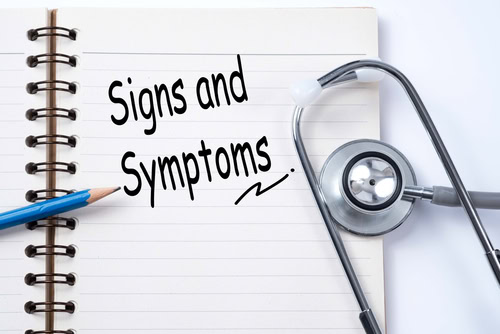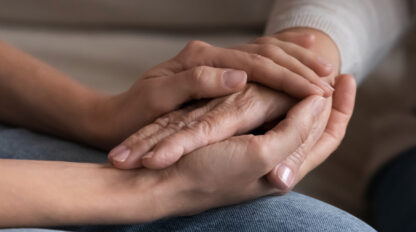The Physical Symptoms Of Anxiety

Mental health affects the mind. Behavioral health affects behavior. Mental and behavioral health issues like anxiety are misunderstood to be exclusive to the mind. The mind-body connection too often goes ignored. All of the sensations from and directions to the body happen in the mind. When the mind is in pain, the body too can be in pain, and vice versa. Anxiety is a disruption of the mind/body’s natural “fight or flight response”. The survival instinct has been developed in humans over centuries as a necessary intuition to help the body act when there is a suspected threat. Adrenaline and cortisol, two stress hormones, are released when the brain feels fear and activate the body to take action, i.e. fighting or freezing. In people who are living with anxiety, this response is happening so chronically, that the body does not have an opportunity to act on the power being created by stress hormones. As a result, the hormone production and high energy creates physical symptoms which range from mild jitters to severe symptoms that resemble a heart attack.
- Gastrointestinal symptoms: Nerves can affect the stomach and the bowels. Suddenly needing to go to the bathroom during anxiety is common. When someone with anxiety has a panic attack, it is not uncommon for them to have diarrhea after the panic attack is over. In contrast, nerves can cause the stomach to tighten up and back up, inducing constipation.
- TMJ symptoms: Nerves can cause the jaw to clench and for people with anxiety to grind their teeth. In sleep and in waking hours, too much pressure on the jaw can wear the joints down overtime and lead to painful TMJ symptoms.
- Psychosomatic symptoms: People feel their nerves and stress all over their body. Feelings, energy, and emotion get stored in the muscles and the joints. Back pain, neck pain, leg pain, and overall body pain is common.
- Heart symptoms: Adrenaline is what gets the heart pumping in high-thrill situations. When anxiety is causing a high production of adrenaline regularly, the heart is affected. Symptoms like a pounding heart, elevated heart rate, palpitations, chest pain, chest constrictions, and difficulty breathing can happen with anxiety.
Living with anxiety doesn’t have to be a struggle. Creating a plan for treatment and recovery from anxiety doesn’t have to be a struggle either. O’Connor Professional Group offers you concierge style services to take the guesswork out of healing. Leave the rest to the professionals. Call us today for information on our services and pricing: (617) 910-3940

